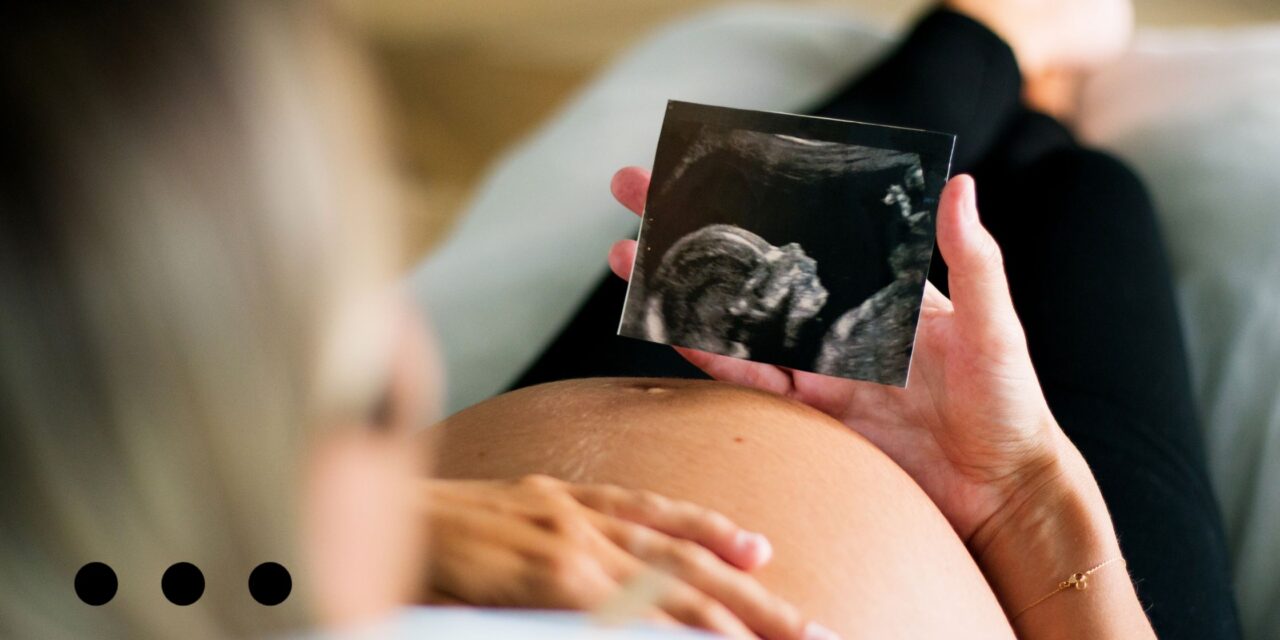The opioid crisis has devastated the country but has been particularly disastrous to families and expecting mothers. The number of women who were pregnant while also having an opioid use disorder has quadrupled in the last 15 years. It is also linked to an increased risk of premature births, stillbirths, congenital disabilities, and impaired fetus growth. Overdoses are also the leading cause of maternal death in America.
There’s an urgent need for treating OUD during pregnancy for the sake of the mother as much as the infants. But is taking suboxone during pregnancy safe? And an equally important question: will the medication still work? It’s a hot topic of concern for many healthcare providers, but it can be challenging to find the truth amidst the misunderstandings and stigma surrounding it.
Is taking Suboxone during pregnancy safe?
Studies have primarily proven that treating opioid addiction through drugs like methadone and buprenorphine is beneficial for both the mother and the child. Medically assisted treatment is not only supported by the Centers for Disease Control but is also the preferred method for supervised withdrawal which can result in premature birth, fetal distress, or miscarriage.
Suboxone is considered the safest of MAT drugs, with its active ingredients being less potent (and therefore carrying less risk) than methadone. However, there can be potential risks of using suboxone as part of medically-assisted treatment during pregnancy.
Suboxone is a medication commonly used to treat addiction to opioids. It contains a combination of buprenorphine, a partial opioid agonist, and naloxone, an opioid antagonist, often prescribed as a part of medication-assisted treatment (MAT) for opioid addiction.
How Suboxone can affect an unborn baby
Suboxone can have a range of effects on the developing fetus, depending on factors such as the dose and timing of exposure.
Neonatal abstinence syndrome
One of the main concerns about Suboxone use during pregnancy is neonatal abstinence syndrome (NAS) which is effectively opioid withdrawal for a newborn infant. Symptoms can include tremors, irritability, vomiting, and seizures. This condition occurs when a baby is exposed to opioids in the womb, which includes suboxone, despite it being a relatively weak partial opioid.
However, research has shown that the risk of NAS may be lower with Suboxone than with other opioids, such as methadone. In addition, NAS is less likely to occur in infants born full-term. Additionally, Suboxone has been shown to effectively reduce the risk of relapse and improve outcomes for mothers with OUD during pregnancy.
Still, NAS is treatable. Infants with more severe cases may require medications, such as liquid oral morphine or liquid oral methadone, and longer hospital stays.
Congenital disabilities
There is limited research on the potential impact of Suboxone on fetal development. Research conflicts with some studies suggesting that it may be associated with an increased risk of congenital disabilities.
Low birth weight
Babies born to mothers who take Suboxone during pregnancy may be at an increased risk of low birth weight. However, this only occurred in 8% of infants compared to nearly 15% of those exposed to methadone.
Premature birth
Suboxone use during pregnancy has been associated with an increased risk of premature birth, which can lead to a range of health complications for the baby. However, this occurred in only 14 % of newborns exposed to suboxone compared to 25% of those exposed to methadone.
Developmental delays
There is limited research on the long-term impact of Suboxone exposure on the developing fetus. Still, some studies have suggested that it may be associated with an increased risk of developmental delays.
Breastfeeding
In most cases, taking Suboxone during pregnancy doesn’t pose much risk to breastfeeding, and new mothers are encouraged to do so after birth. However, the drug can pass into breast milk which could result in the baby being excessively sleepy or having difficulty latching on. New mothers should consult a lactation specialist to determine if it’s safe to breastfeed their newborn.
Risks of taking Suboxone while pregnant for the mother
Suboxone may also cause potential side effects of Suboxone for the expecting mother.
One is respiratory depression which can be dangerous for the mother and the fetus. However, the most significant risk isn’t a physical one but a legal one. Some states persecute mothers for suboxone use during pregnancy and have a punitive rather than a supportive treatment-focused approach.
The use of Suboxone during pregnancy is a complex issue that requires careful consideration by healthcare providers and pregnant women with OUD. However, numerous research has shown that the benefits significantly outweigh the risks. Talk to a suboxone provider today to determine if MAT is safe for your and your unborn child.

